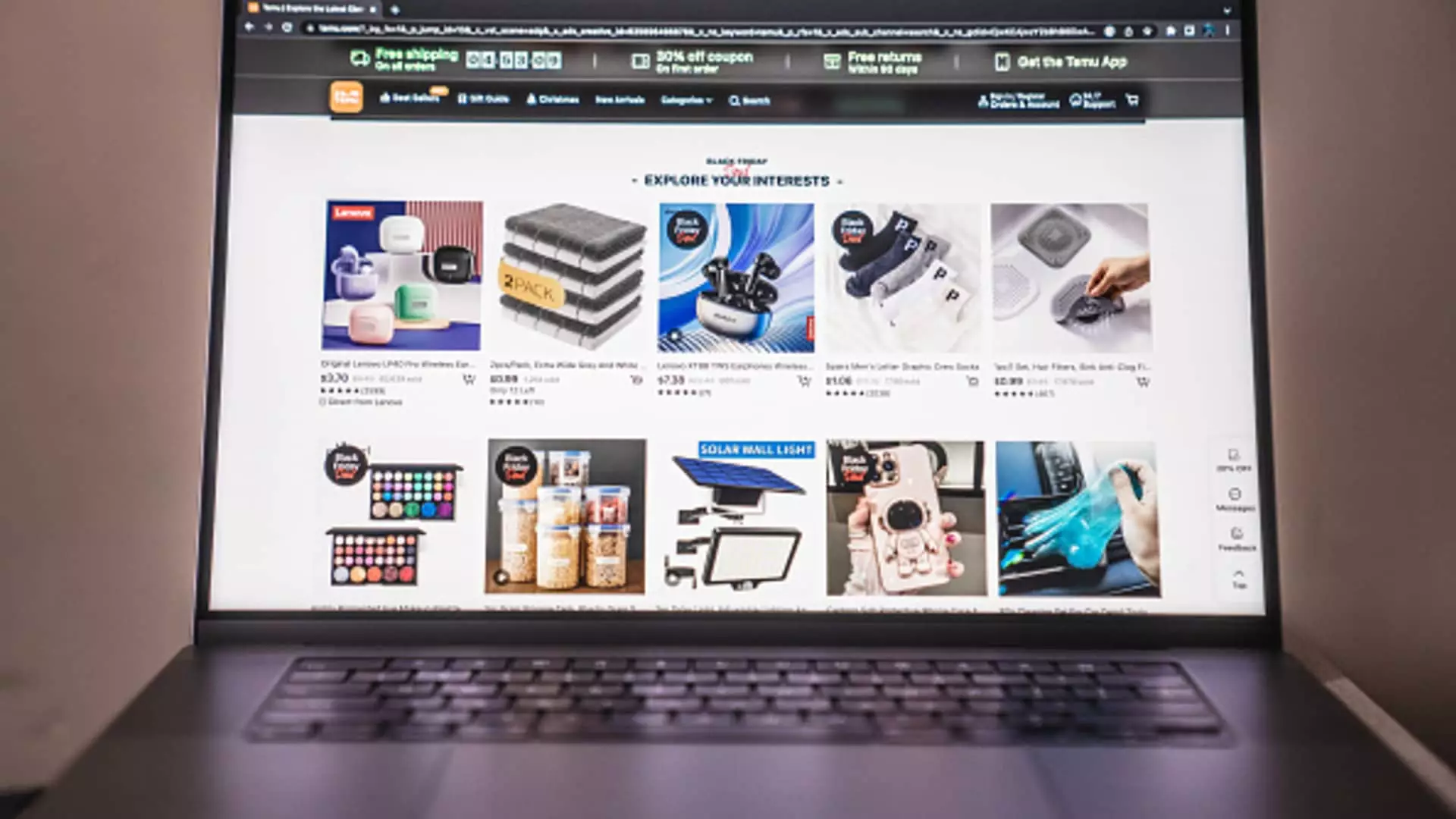Two members of the U.S. Consumer Product Safety Commission have recently raised concerns about the safety practices of “foreign-owned” e-commerce platforms such as Shein and Temu. Specifically, they are urging the agency to investigate the alleged sale of “deadly baby and toddler products.” Commissioners Peter Feldman and Douglas Dziak emphasized the need to examine the safety and compliance controls of Temu and Shein, along with their relationships with third-party sellers and consumers. They are particularly interested in understanding the focus on low-value direct-to-consumer shipments and the enforcement challenges that arise when firms with little or no U.S. presence distribute consumer products through these platforms.
Recent reports have shed light on concerning practices by these e-commerce giants. Temu was found to be offering padded crib bumpers, which are banned in the U.S. due to suffocation hazards. On the other hand, Shein was identified as selling children’s hoodies with drawstrings that have been deemed a safety hazard by regulators. In response to these allegations, a Shein spokesperson stated that customer safety is a top priority for the company and that they are investing millions of dollars to strengthen their compliance programs. Similarly, a representative from Temu reassured that they require all sellers on their platform to comply with laws and regulations, including those related to product safety.
Temu and Shein have rapidly gained popularity in the U.S. by offering consumers inexpensive goods from China through aggressive online marketing strategies. Shein, which entered the U.S. market in 2017, has been valued at a staggering $66 billion. Temu, owned by PDD Holdings, made its debut in the U.S. in 2022 and has quickly invested billions of dollars in marketing efforts, including a high-profile TV commercial during the Super Bowl. This rapid growth has attracted the attention of major e-commerce players like Amazon, who are looking to compete with these discount retailers.
One of the key factors driving the success of Temu and Shein is a trade loophole known as the de minimis exemption. This loophole allows packages shipped from China valued at under $800 to enter the U.S. duty-free. As a result, these e-commerce platforms have been able to leverage their relationships with small manufacturers and suppliers in China to ship goods directly to consumers in the U.S. This has raised concerns among industry experts and CPSC officials, who have requested additional funding to monitor the safety practices of emerging e-commerce platforms.
The allegations against Temu and Shein raise important questions about the safety practices of e-commerce platforms, especially those that operate on a global scale. As consumers increasingly turn to online shopping for convenience and affordability, it is crucial that regulatory agencies like the CPSC closely monitor these platforms to ensure that products being sold meet safety standards and regulations. Ultimately, the safety of consumers, especially vulnerable populations like babies and toddlers, should be a top priority for all companies operating in the e-commerce space.


Leave a Reply